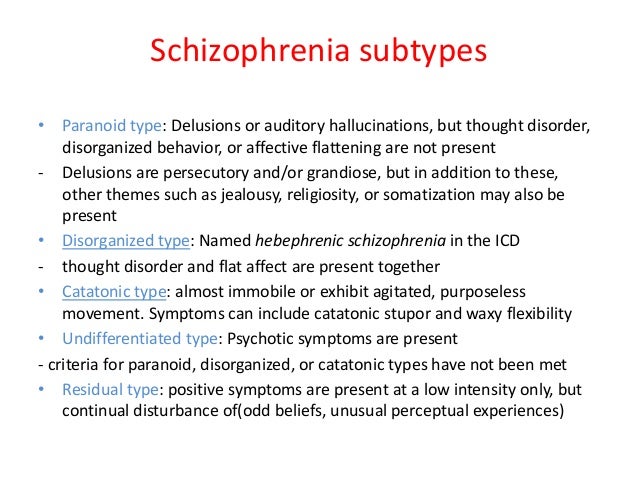
Please make checks payable to the AACAP and send to Campaign for America’s Kids, P.O. Your support will help us continue to produce and distribute Facts for Families, as well as other vital mental health information, free of charge. If you find Facts for Families© helpful and would like to make good mental health a reality, consider donating to the Campaign for America’s Kids. They may be able to help or will be able to refer you to a child and adolescent psychiatrist who is trained to evaluate, diagnose, and treat children with emotional and behavior problems. If you are concerned, speak with your family physician or pediatrician. Any child with disordered thinking or behavior should be evaluated immediately.

Consider how your child is doing in all areas of his life such as at school, with friends, in the neighborhood, and with family. Talk to your child and try to clarify what he is experiencing. What should you do if you are worried about your child hearing voices or seeing things? Looking for these symptoms can be very helpful in telling the difference between psychotic and nonpsychotic illnesses. Children may show social withdrawal and inappropriate and unusual use of language. In addition to hallucinations, psychotic illnesses are characterized by delusions, disorganized and/or bizarre behavior, and moods that don't correspond with what is going on in someone's life. This includes schizophrenia, major depressive disorder with psychotic features, and bipolar disorder with psychotic features. Children who see things that are not there may be very anxious or depressed. The content of a hallucination may help us understand what type of illness a child is having. Voices that refer to suicide or dying may occur in children who are depressed. Illegal drugs such as alcohol, marijuana, amphetamines, cocaine, and LSD are a frequent cause of hallucinations.Ĭhildren who hear voices telling them to do bad things often have behavior problems. Many other medications can also lead to hallucinations when used in higher doses than prescribed or recommended. The use of certain medications, such as steroids or pain medicine, can cause hallucinations under rare circumstances. When a youngster is under severe emotional stressĬhildren coping with the death of a parent or dealing with lots of stressors in their lives will sometimes hear voices or see things.Įxamples may include migraines, seizures, infections, a very high fever, and problems with the thyroid or adrenal glands.Hearing voices or seeing things that are not there can be a part of normal development, but they may also happen as a result of the following: They also may have disorganized speech, thinking, emotional reactions, and behavior, sometimes accompanied by hallucinations or delusions (a fixed, false, and often bizarre belief). Children who are psychotic often appear confused and agitated. Psychotic disorders in children, while not common, are serious and severely interfere with a child's thinking and functioning. In some cases, hallucinations may occur as a sign of a psychiatric illness such as a psychosis, or other serious medical problems. This may be related to issues at home, school, with friends, or from experiencing upsetting thoughts and feelings. Hallucinations may occur as part of normal development or may be a sign that your child is struggling with some type of emotional problems.

A visual hallucination is when one has seen something that is not there. It is the most common type of hallucination. An auditory hallucination is when one has heard something that is not there.

They can occur in any of our senses including sound, sight, touch, taste, and smell. Hallucinations are when one has heard, seen, or experienced something that is not there. They can most often be managed with understanding and gentle reassurance on the part of parents. These examples are usually just part of the normal growth of a child. Younger children may even have an imaginary friend they want to sit next to at the table and have conversations with. At times, children may imagine that they hear or see things as part of a game or as a result of their worries and fears. The wind at night, a creak in the house, or a shadow on the wall may feel frightening, especially for younger children. Children often hear or see things that may scare or upset them.


 0 kommentar(er)
0 kommentar(er)
